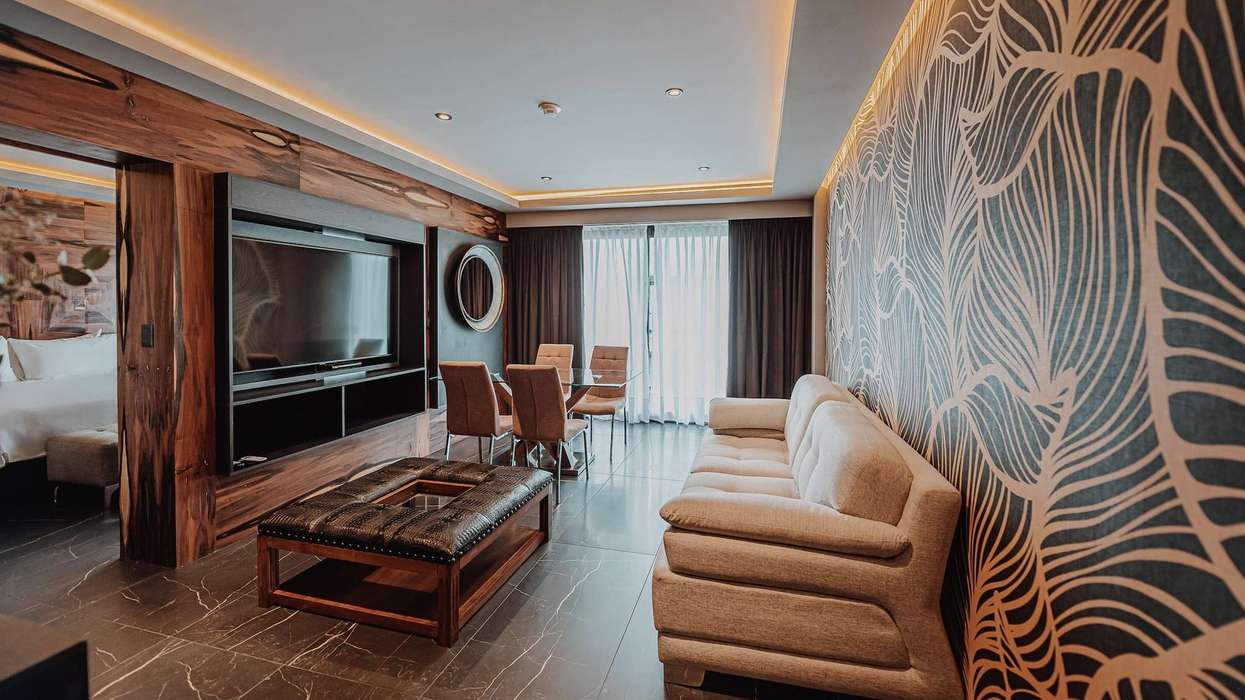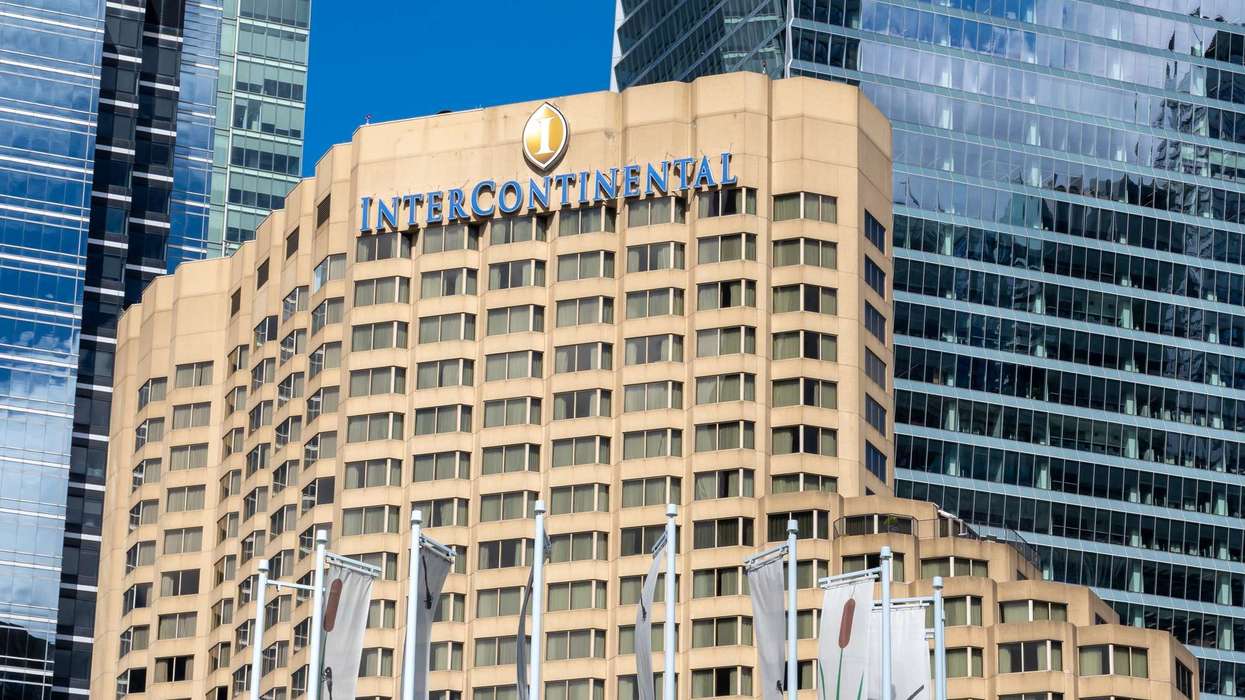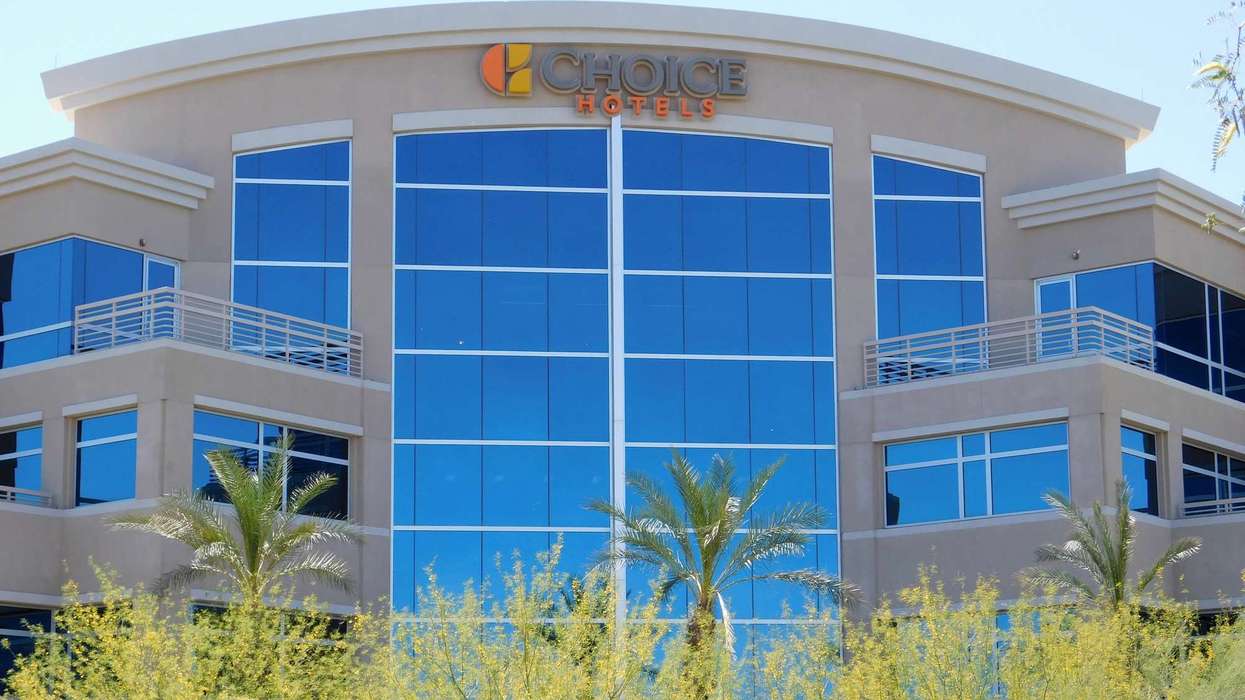THE COVID-19 PANDEMIC has driven the interest in health and wellness to an all-time high, said consulting firm HVS. Along with offering healthy and organic F&B options, jogging concierge services, and cooking classes, more hotel brands and properties are making workout alternatives more accessible to travelers who wish to maintain their training routines while on the road.
Hotels and operators are reimagining their various fitness programs to include a more flexible and technological approach to standard offerings, said an article titled ‘A deep dive into wellness hospitality’ jointly written by HVS experts Mia Mackman, Stacey Zhu and Daniel Voellm.
“New spa-and-wellness businesses and innovative performance models will be required to reposition services and meet these changing needs. Creating successful spa-and-wellness propositions and new business models requires a delicate balance of understanding the spa-and-wellness market and the social and economic ecosystems in which it lives,” Zhu and Voellm said. “In the current climate of travel and tourism, well-being propositions are at the forefront. With transient leisure and recreational components being primary focal points, this further drives demand and interest in the primary wellness category.”
While most urban wellness centers have catered to the high-end market but are now reaching out to a broader set of consumers. Based on HVS’s research, wellness properties in the U.S., India, Thailand, and Europe register average lengths of stay ranging from seven to ten nights. Some of the long-established and leading destination spas located worldwide include a diverse range of properties with varying levels of targeted well-being, such as Rancho La Puerta, Canyon Ranch, Miraval, Lanserhof, SHA, Ananda, Chiva-Som, and Kamalaya.
It is common to observe around 30 percent to 40 percent of the operating revenues coming from the spa and wellness center, much higher than traditional luxury hotels and resorts. This percentage can go up to as high as 50 percent if most of the programs offered are results-driven, highly specialized, and customized, said HVS.
Based on the 2019 HVS annual Spa Department Performance Report, luxury hotel spas generate approximately 7.4 percent of total revenue on average across the U.S.
In January 2020, the Four Seasons Hotel Silicon Valley partnered with the gym technology company Tonal to offer select fitness-oriented guestrooms that feature an intelligent fitness system and personal trainer, integrating expert coaching and innovative equipment for various guided workouts, including yoga, cardio, and strength training.
Fitness-and-wellness-focused brand Westin teamed up with the fitness equipment and media company Peloton in 2017 to put its cardio bicycles in the fitness centers and select guestrooms of U.S. hotels. Hilton also launched its “Five Feet to Fitness” guestroom concept with the installation of over eleven different pieces of workout equipment and accessory options, as well as 25 in-room fitness tutorials. Though only available in select Hilton locations, these features increase the ADR for these rooms by around $45 nightly.
In 2012, InterContinental Hotels Group launched the EVEN Hotels brand aimed at the wellness market. IHG also acquired Six Senses, a brand focused on wellness and sustainability, in 2019. Now, IHG has 15 operating EVEN Hotel properties with 28 more in the development pipeline globally. Additionally, the hotel group plans to expand the Six Senses brand to 60 properties from the existing 18 within the next ten years.
In 2017, Hyatt Hotels Corporation acquired two wellness brands—Miraval Group and Exhale—with plans to incorporate their offerings into the Hyatt guest experience. Miraval Group is a New York-based wellness resort and spa operator best known for its flagship wellness destination property in Tucson, Arizona. Miraval has recently expanded its portfolio in the U.S. to include new locations in Austin, Texas, and Lenox, Massachusetts.
Exhale is a chain of lifestyle fitness centers that provides boutique fitness classes and spa services. Another wellness pioneer is Canyon Ranch. Canyon Ranch also has a flagship property located in Tucson, Arizona, and recently expanded in the U.S. by adding a new location in Woodside, California.
Wellness real estate was a $134 billion global industry in 2017. In North America, it is worth $55 billion with a CAGR of 7percent. There are eight in North America of which five are in the U.S. They are Mii Amo, Miraval Arizona, Golden Door, Canyon Ranch Tucson, Cal-a-Vie Health Spa.
In 2018, a CBRE Hotels Research survey found U.S. hotels reported a higher spa revenue than room revenue and total operating revenue.




